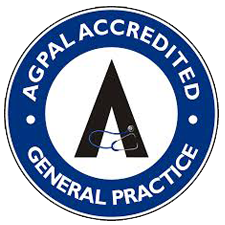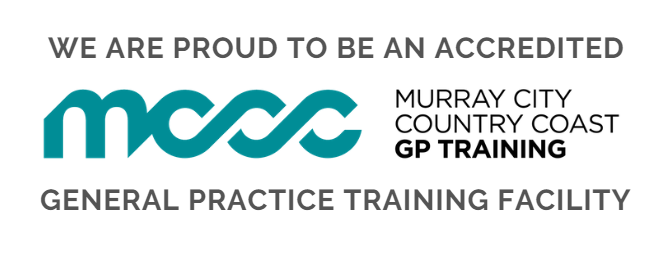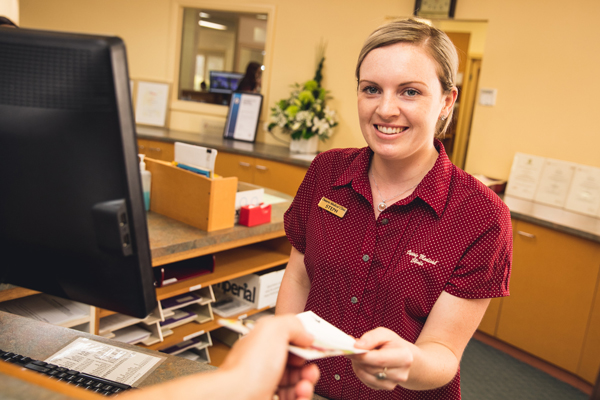Antibiotics resistance is an increasingly serious threat to global health and human development. Antibiotics only work on bacteria, not infections like viruses that cause colds and flu. Taking an antibiotic when it’s not needed will not make a significant difference to how you feel or how fast you recover. The more often antibiotics are used or taken incorrectly the more chance bacteria have to change and become resistant to them. This can make bacterial infections much harder to treat.
The situation is rising to dangerously high levels in all parts of the world, compromising the ability to treat infectious diseases and putting people everywhere at risk.
There are actions that you can take to reduce the chance of resistance developing:
*Take the prescribed dose and complete the whole course of treatment prescribed by your doctor. Even if you are feeling better, taking the whole course reduces the chance that some bacteria will survive and become resistant.
*Don’t share antibiotics with another person. This is important because the type of antibiotic may not be targeted to the bacteria causing their infection.
*Don’t keep leftovers. The dose and amount leftover may not be enough to destroy a new infection, creating more opportunity for resistant bacteria to develop and multiply.
The week concentrates on raising awareness of the issue that is becoming more serious in our communities. It is not too late to reduce the impact of antibiotic resistance and we all have a part to play in preserving the effectiveness of antibiotics.
Antibiotics are a precious resource, we need to handle them with care.





